Home>Gardening & Outdoor>Plant Care & Gardening Tips>Which Honey Is Better For You, Clover Or Wildflower Honey
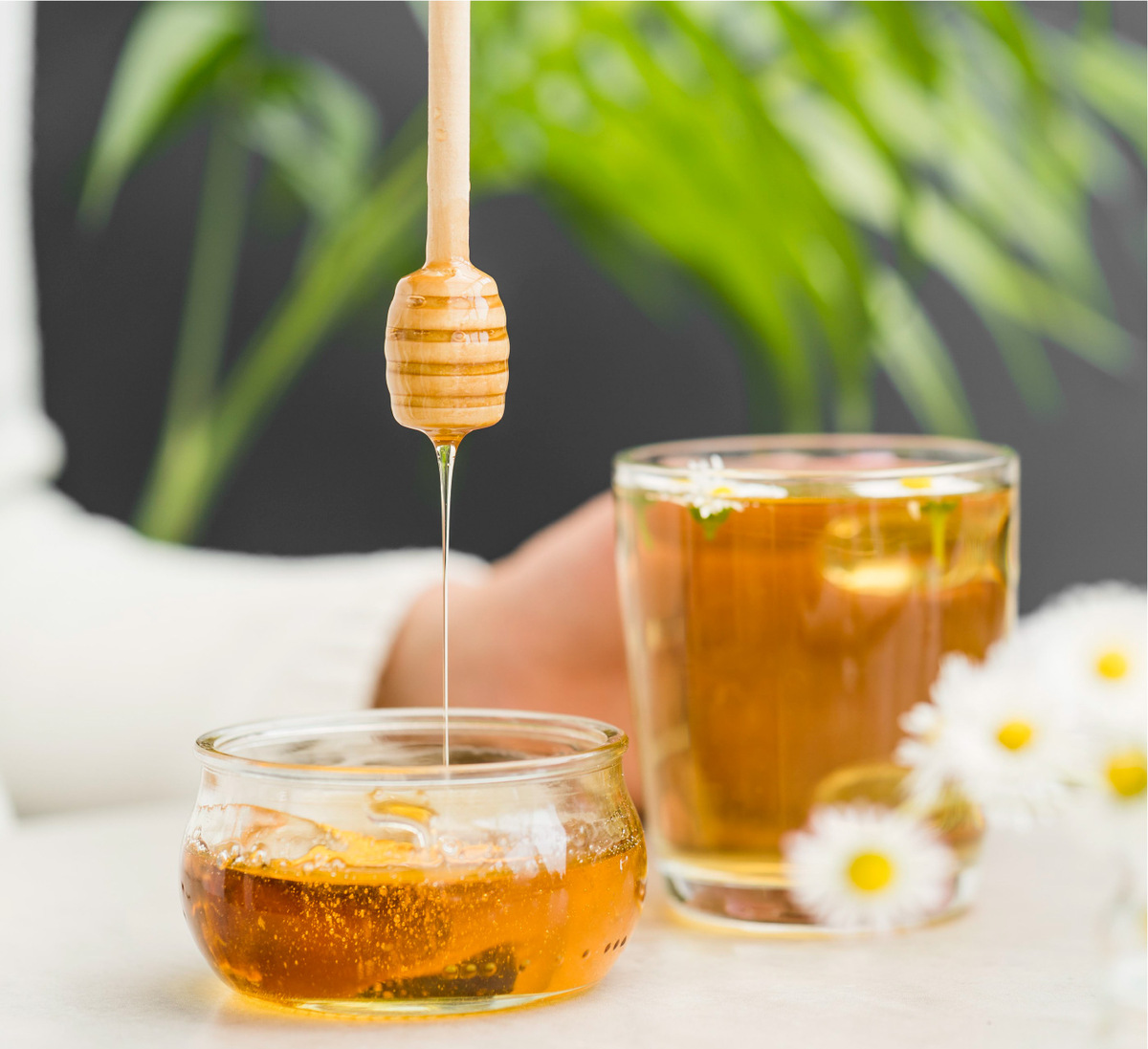

Plant Care & Gardening Tips
Which Honey Is Better For You, Clover Or Wildflower Honey
Modified: February 25, 2024
Discover the differences between clover and wildflower honey and learn which one is better for you. Get expert plant care and gardening tips to enhance your honey production.
(Many of the links in this article redirect to a specific reviewed product. Your purchase of these products through affiliate links helps to generate commission for Storables.com, at no extra cost. Learn more)
Introduction
Welcome to the sweet and flavorful world of honey! Whether drizzled over yogurt, added to a cup of tea, or used in baking, honey is a versatile and beloved natural sweetener. However, not all honey is created equal. In this article, we will explore the differences between clover and wildflower honey, shedding light on their nutritional profiles, health benefits, flavor profiles, and environmental impacts.
Honey has been cherished for centuries, revered not only for its delightful taste but also for its potential health benefits. As we delve into the unique characteristics of clover and wildflower honey, you will gain a deeper understanding of these two varieties and be better equipped to make an informed choice based on your preferences and dietary needs. So, let's embark on this journey to discover the distinct qualities of clover and wildflower honey and determine which one might be the better choice for you.
Key Takeaways:
- Clover honey offers a milder taste and lower glycemic index, making it a great choice for those watching their blood sugar levels. It’s rich in antioxidants and nutrients like vitamin C, calcium, and potassium.
- Wildflower honey has a more robust flavor and higher glycemic index, providing quick energy. It offers a diverse range of nutrients from various wild blossoms and supports the preservation of natural ecosystems.
Read more: What Is Wildflower Honey
Nutrition Comparison
When it comes to selecting honey, understanding the nutritional disparities between clover and wildflower honey can be pivotal. Both varieties offer a rich array of nutrients, yet their compositions differ slightly.
Clover Honey:
- Clover honey is known for its mild, delicate flavor and light color.
- It typically has a lower glycemic index compared to wildflower honey, making it a favorable option for individuals monitoring their blood sugar levels.
- This variety is rich in antioxidants, enzymes, and various vitamins and minerals, including vitamin C, calcium, and potassium.
Wildflower Honey:
- Wildflower honey, as the name suggests, is derived from the nectar of a variety of wild blossoms, resulting in a more robust and complex flavor profile.
- It tends to have a higher glycemic index than clover honey, which may be a consideration for those with specific dietary requirements.
- Similar to clover honey, wildflower honey boasts an impressive assortment of antioxidants, enzymes, and essential nutrients, contributing to its potential health benefits.
Both clover and wildflower honey offer an abundance of natural goodness, though their distinct nutritional compositions cater to different tastes and dietary preferences. Whether you lean towards the subtle sweetness of clover honey or the diverse floral notes of wildflower honey, each variety brings its own nutritional advantages to the table.
Health Benefits
Delving into the health benefits of clover and wildflower honey unveils a treasure trove of natural goodness, each variety offering unique advantages that can positively impact your well-being.
Clover Honey:
- Due to its lower glycemic index, clover honey may be a preferable choice for individuals seeking to manage their blood sugar levels while still enjoying a touch of sweetness.
- The abundance of antioxidants in clover honey contributes to its potential to support immune function and combat oxidative stress in the body.
- Its mild, soothing flavor makes it a popular choice for soothing sore throats and coughs, offering relief and comfort during times of illness.
Wildflower Honey:
- With its diverse floral sources, wildflower honey encompasses a wide spectrum of nutrients, potentially offering a broader range of health benefits compared to single-source honeys like clover honey.
- The higher glycemic index of wildflower honey can provide a quick energy boost, making it a favorable option for athletes and individuals needing an instant source of fuel.
- Similar to clover honey, the antioxidant content in wildflower honey supports overall health and may aid in combating inflammation and oxidative damage.
Both clover and wildflower honey stand as natural sources of wellness, each possessing distinct attributes that cater to various health needs and preferences. Whether you seek the gentle sweetness of clover honey or the diverse floral nuances of wildflower honey, incorporating either variety into your diet can offer a range of potential health perks.
Clover honey has a milder flavor, while wildflower honey has a more robust taste. Both are equally nutritious, so choose based on your flavor preference.
Flavor Profile
Embarking on a sensory journey, the distinctive flavor profiles of clover and wildflower honey beckon exploration. These unique tastes emerge from the diverse nectar sources that bees collect, resulting in distinct and captivating flavor experiences.
Clover Honey:
- Renowned for its mild and delicate flavor, clover honey exudes a subtle sweetness with hints of floral notes.
- Its light color and smooth texture make it a versatile addition to a myriad of culinary creations, from drizzling over fresh fruit to sweetening baked goods.
- The gentle, understated taste of clover honey appeals to those seeking a mellow and uncomplicated sweetness.
Wildflower Honey:
- Derived from a multitude of wild blossoms, wildflower honey boasts a complex and nuanced flavor profile, often showcasing a medley of floral, earthy, and even fruity undertones.
- Its darker hue and richer consistency lend depth and character to dishes, elevating everything from marinades and dressings to desserts and beverages.
- The diverse and robust flavor of wildflower honey appeals to individuals seeking a more intricate and multi-dimensional taste experience.
Whether you gravitate towards the gentle sweetness of clover honey or the diverse floral tapestry of wildflower honey, each variety offers a distinct flavor journey, enriching culinary endeavors with its unique characteristics and nuances.
Environmental Impact
Exploring the environmental impact of clover and wildflower honey production reveals the interconnected relationship between bees, flora, and ecosystems. The sourcing of these honey varieties can have varying implications on the environment and surrounding habitats.
Clover Honey:
- Clover honey production often involves cultivating vast fields of clover, providing a dedicated and reliable nectar source for honeybees.
- While monoculture farming practices can potentially lead to reduced biodiversity and soil health, the widespread cultivation of clover may also contribute to soil enrichment and support pollinator populations.
- By fostering the growth of clover fields, beekeepers play a role in maintaining floral diversity and providing essential forage for honeybees, thus contributing to the preservation of local ecosystems.
Wildflower Honey:
- Derived from a diverse array of wild blossoms, wildflower honey reflects the rich tapestry of natural landscapes, relying on the flourishing biodiversity of meadows, forests, and other untamed environments.
- Harvesting wildflower honey encourages the conservation of diverse floral habitats, supporting the proliferation of native plant species and providing essential forage for a wide range of pollinators beyond honeybees.
- By promoting the preservation of natural ecosystems, the production of wildflower honey contributes to the overall health and resilience of local environments, fostering biodiversity and ecological balance.
Both clover and wildflower honey play integral roles in the intricate dance of pollination and floral sustenance, with each variety offering unique contributions to the environmental tapestry. Whether through the cultivation of clover fields or the preservation of diverse wild habitats, the production of these honey varieties intertwines with the delicate balance of nature, underscoring the significance of sustainable beekeeping practices and the conservation of natural landscapes.
Read more: How To Melt Wildflower Honey
Conclusion
As we conclude our exploration of clover and wildflower honey, it becomes evident that both varieties offer a wealth of distinctive qualities, from their nutritional compositions and potential health benefits to their captivating flavor profiles and environmental impacts. While clover honey embodies a gentle, understated sweetness and plays a role in supporting clover fields and pollinator populations, wildflower honey presents a diverse and complex flavor journey, reflecting the rich tapestry of wild blossoms and contributing to the preservation of diverse floral habitats.
When selecting between clover and wildflower honey, it ultimately boils down to personal preference, dietary considerations, and an appreciation for the environmental implications of honey production. Whether you are drawn to the mild, versatile sweetness of clover honey or the multi-dimensional flavor spectrum of wildflower honey, both varieties stand as natural treasures, each weaving its own unique story of floral abundance and natural goodness.
By celebrating the distinct attributes of clover and wildflower honey, we not only savor their delectable nuances but also honor the vital role of bees as stewards of the environment and guardians of floral diversity. Whether enjoyed in a steaming cup of tea, incorporated into culinary creations, or savored straight from the spoon, clover and wildflower honey invite us to embrace the essence of nature’s sweet abundance, one delectable spoonful at a time.
So, whether you find yourself captivated by the gentle allure of clover honey or enchanted by the diverse symphony of flavors in wildflower honey, may your honey-laden moments be infused with the richness of nature’s bounty and the timeless artistry of the honeybee’s craft.
Frequently Asked Questions about Which Honey Is Better For You, Clover Or Wildflower Honey
Was this page helpful?
At Storables.com, we guarantee accurate and reliable information. Our content, validated by Expert Board Contributors, is crafted following stringent Editorial Policies. We're committed to providing you with well-researched, expert-backed insights for all your informational needs.
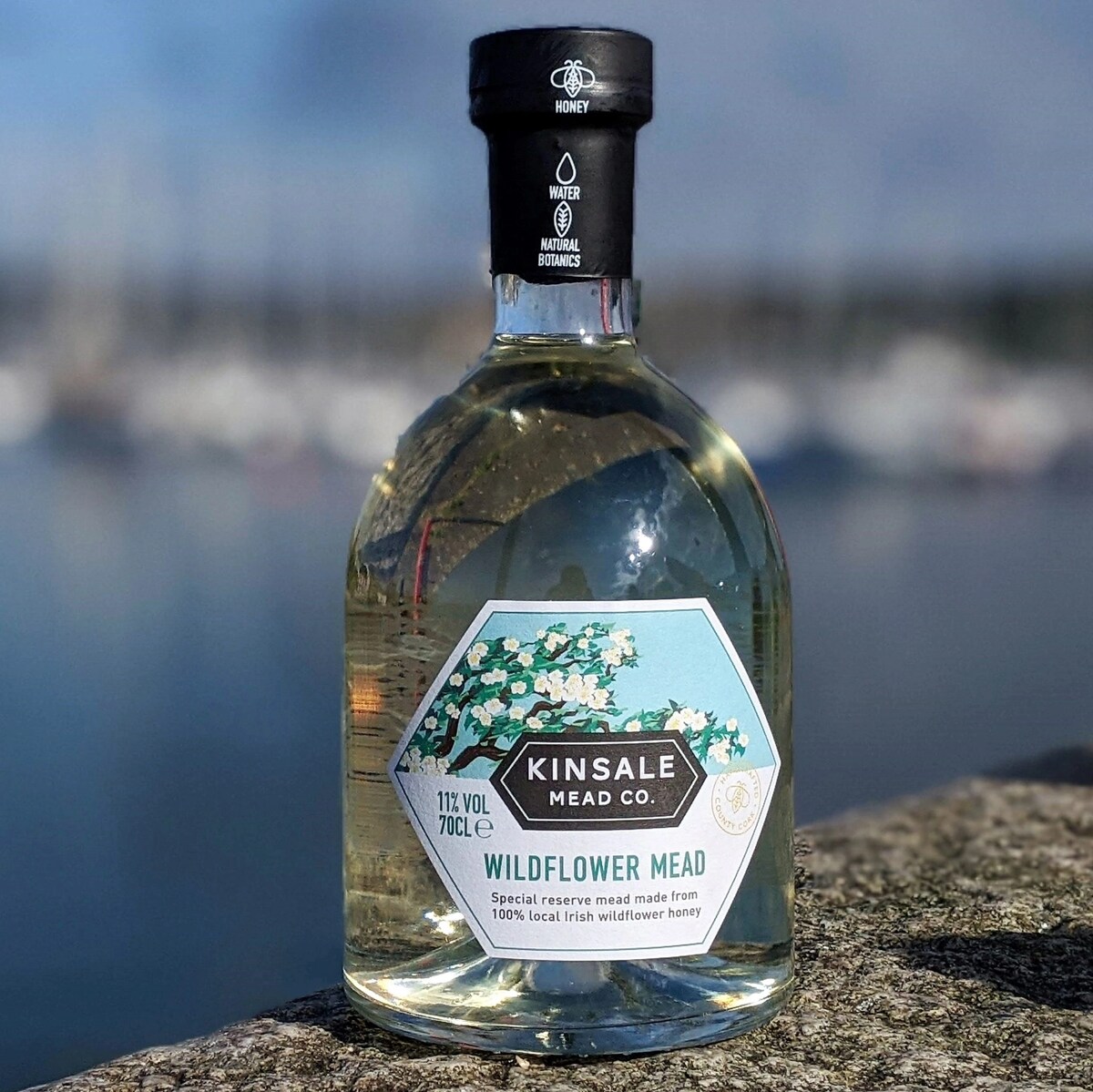

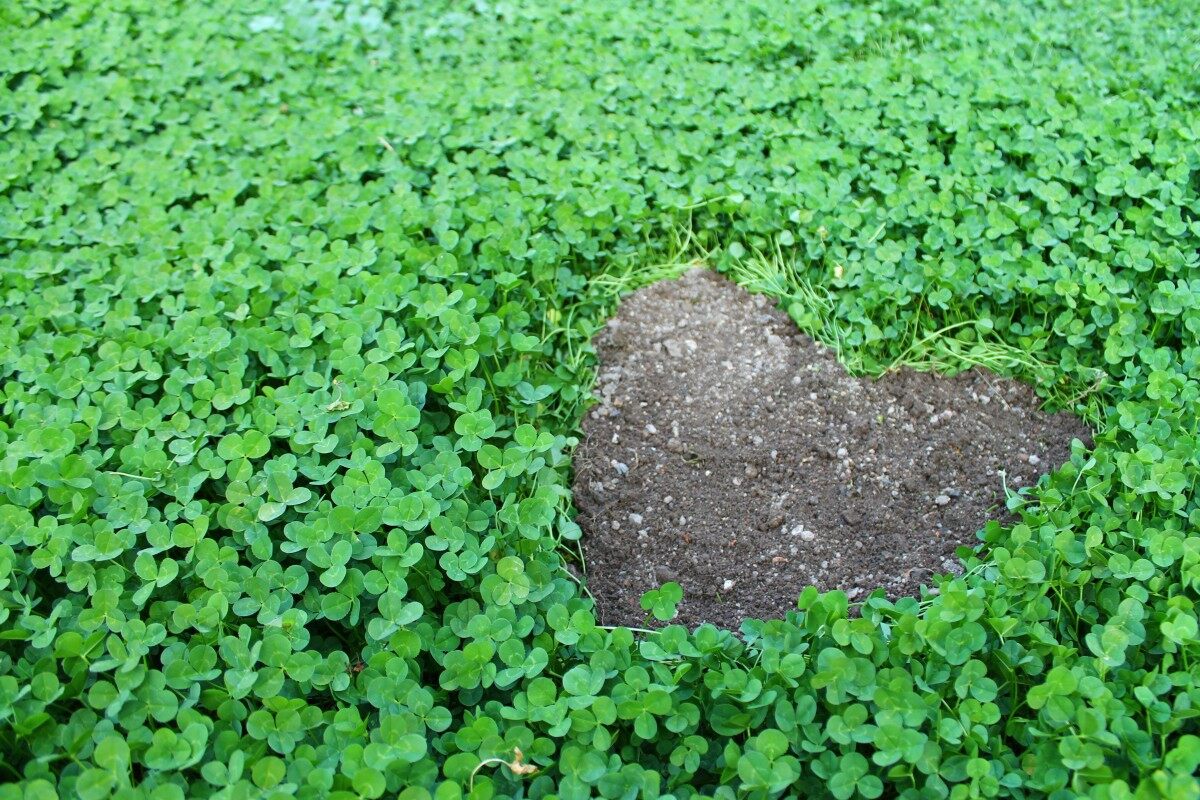
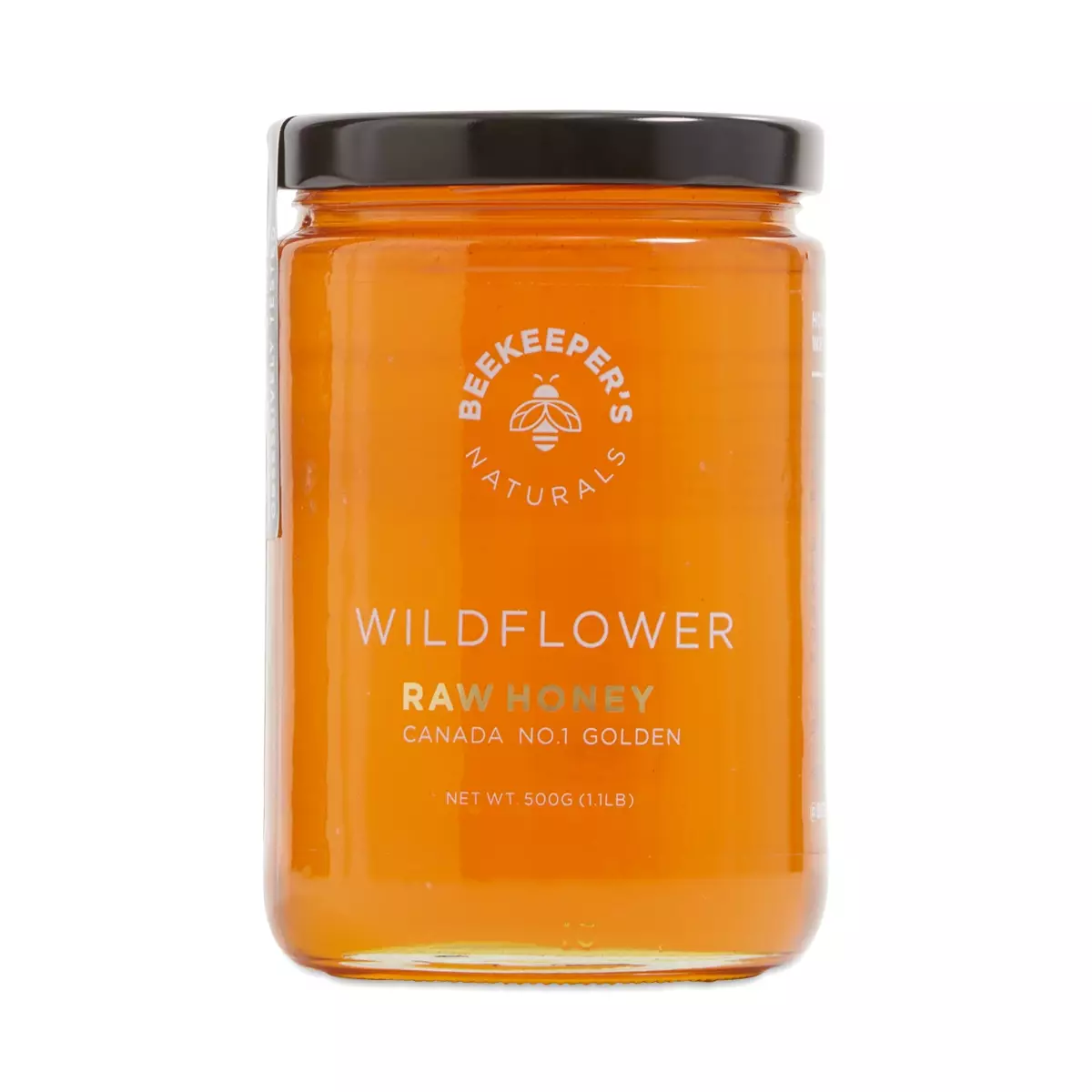





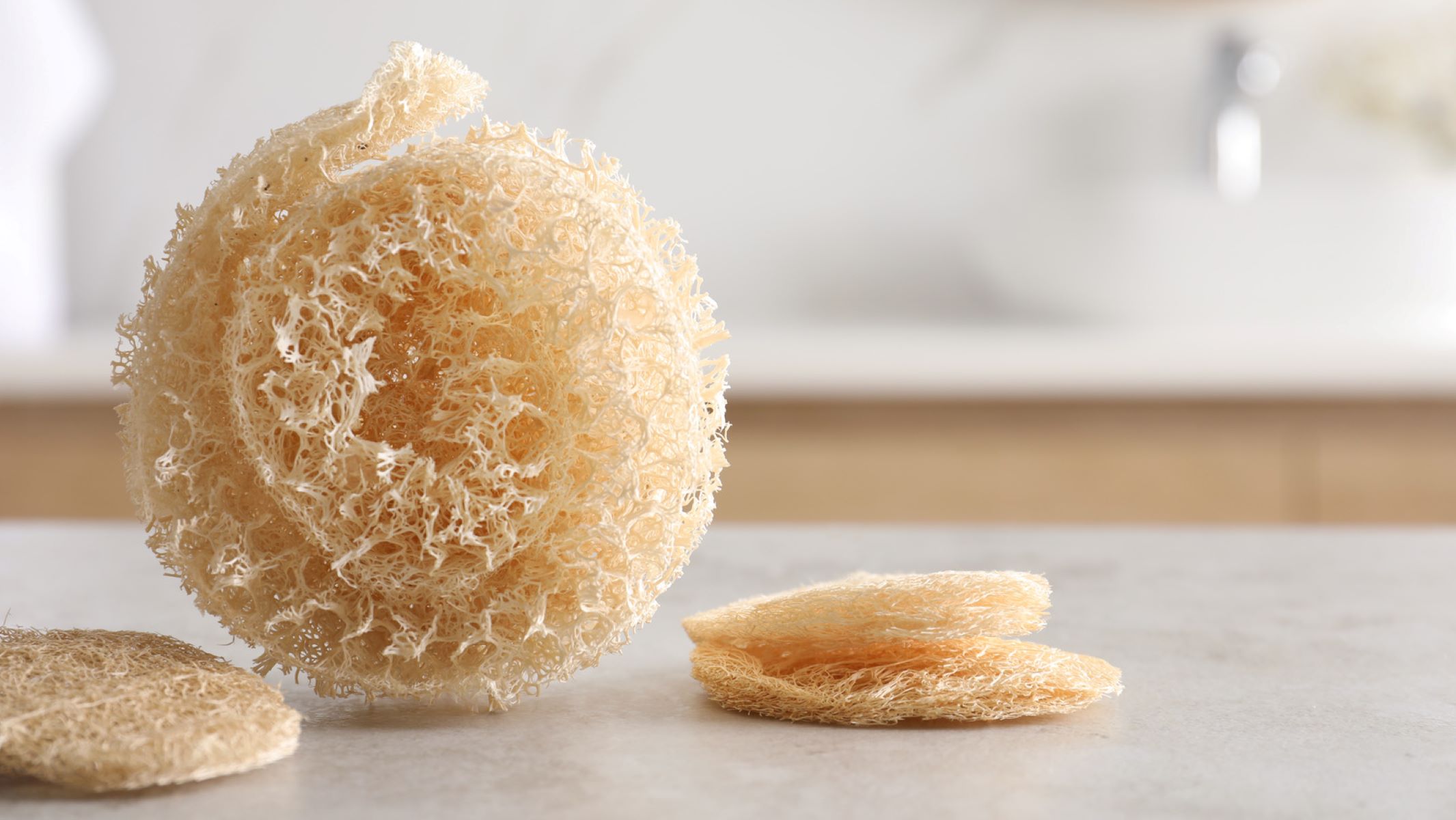
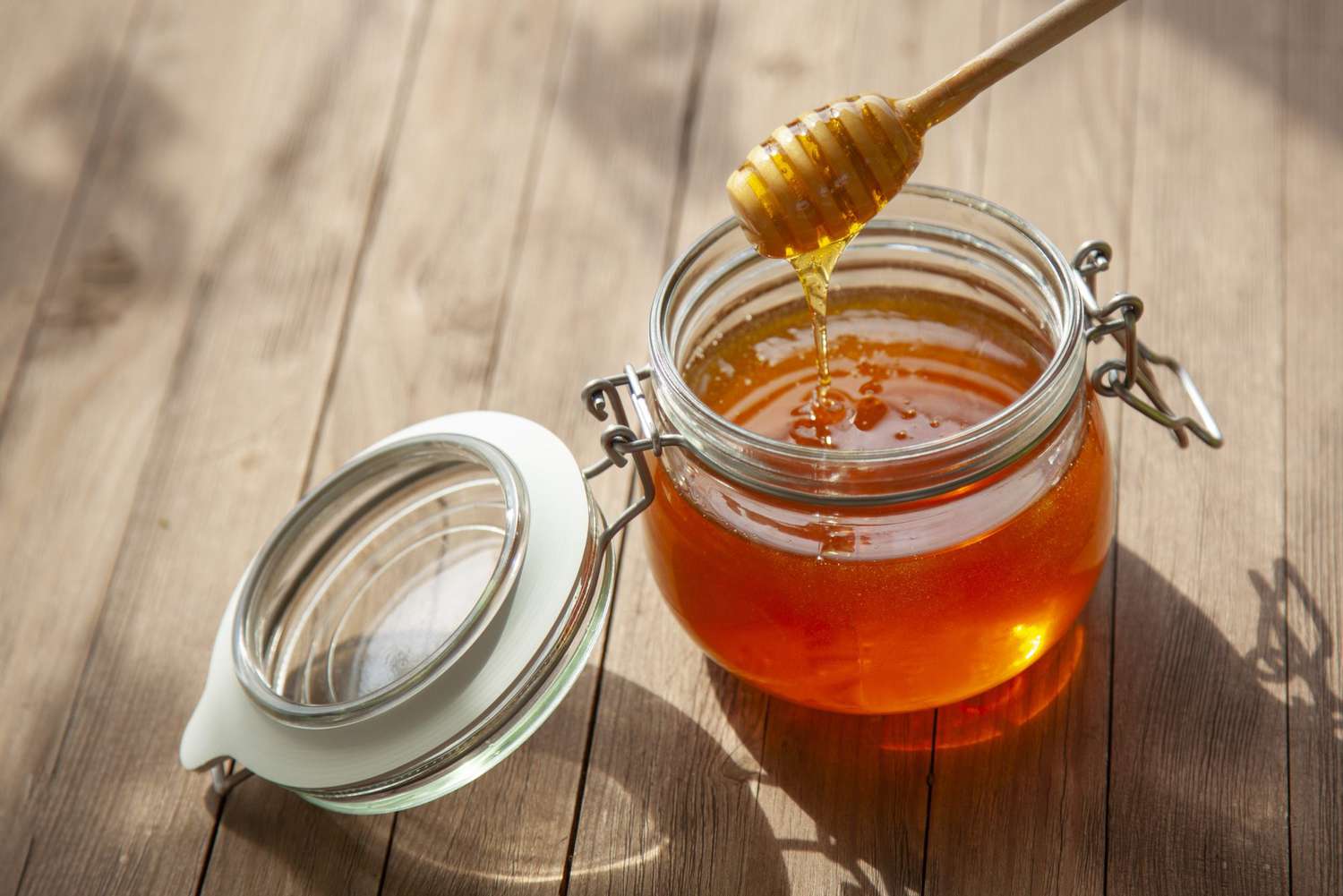




0 thoughts on “Which Honey Is Better For You, Clover Or Wildflower Honey”